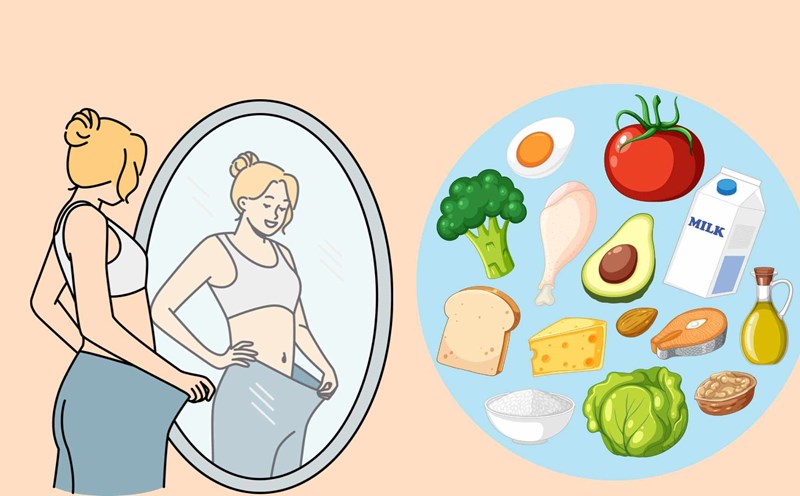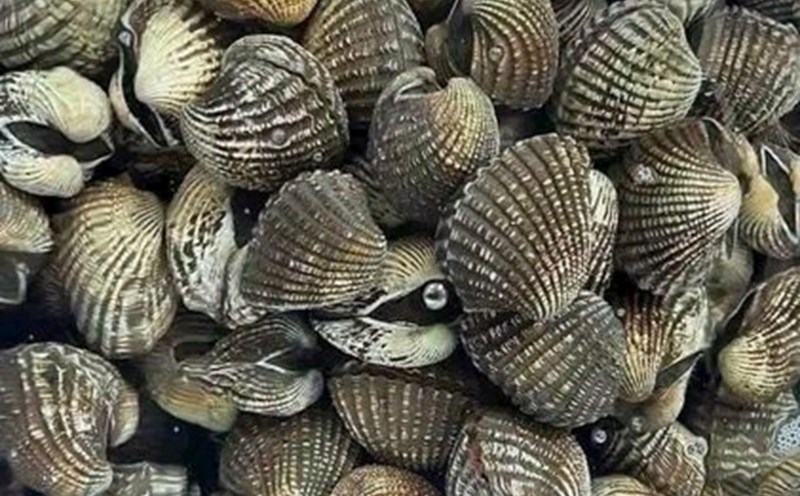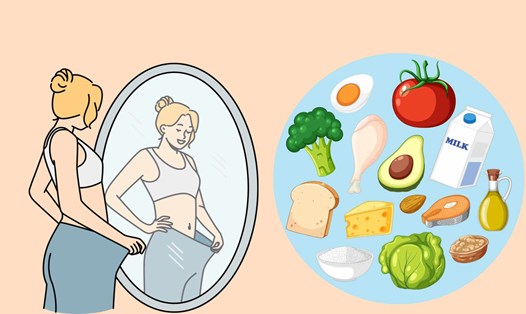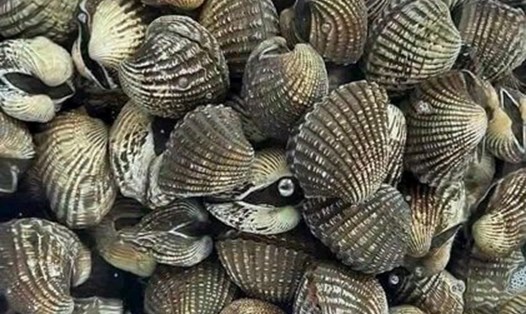Diet plays an extremely important role in supporting treatment and slowing the progression of kidney failure. A reasonable diet helps control blood pressure, reduce the burden on the kidneys and prevent complications.
The first principle is to limit protein, especially animal protein. When you digest protein, your body produces ureas and fiber metabolism, which is a major burden for your kidneys. Nutritionists recommend that people with chronic kidney failure should eat about 0.6 - 0.8g of protein/kg of weight/day, prioritizing high-value protein sources such as eggs, milk, fish.
Second, it is necessary to reduce sodium (salt) intake. Sodium increases blood pressure and water retention, making edema and hypertension worse in people with kidney failure. Limit below 2g of sodium/day, equivalent to 5g of table salt. In addition, it is necessary to avoid processed foods because they contain a lot of salt.
Third, control potassium and phosphorus. Weak kidneys cause potassium accumulation, causing dangerous arrhythmia. Patients should limit foods rich in potassium such as bananas, oranges, tomatoes, potatoes. At the same time, high levels of phosphorus in the blood can cause osteoporosis and itchy skin.
Finally, maintain the right energy and water. Due to reduced protein, people with kidney failure need to compensate for energy from starch and good fats. The amount of water needed depends on the level of urine excretion, avoiding overload causing lung edema.
The diet for people with kidney failure is not only a diet but an effective supportive treatment, requiring the advice of a nutritionist to personalize each stage of the disease.









